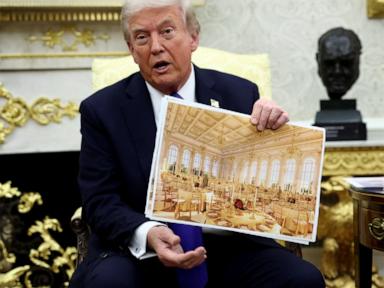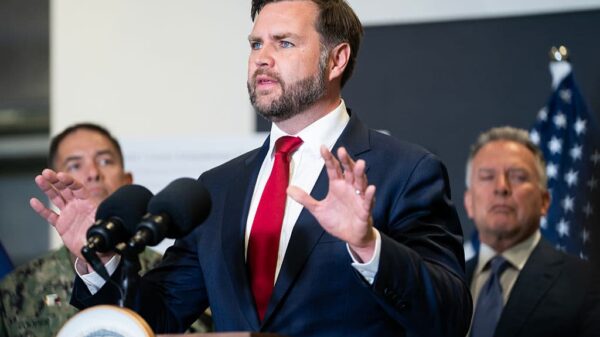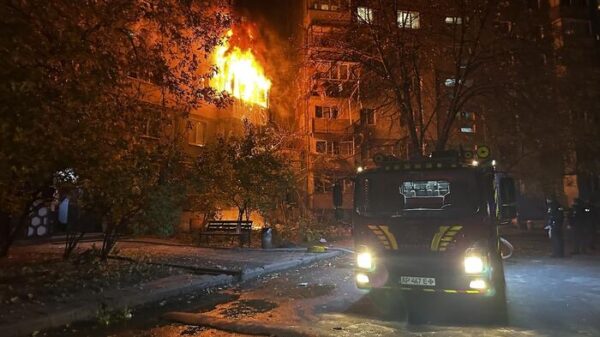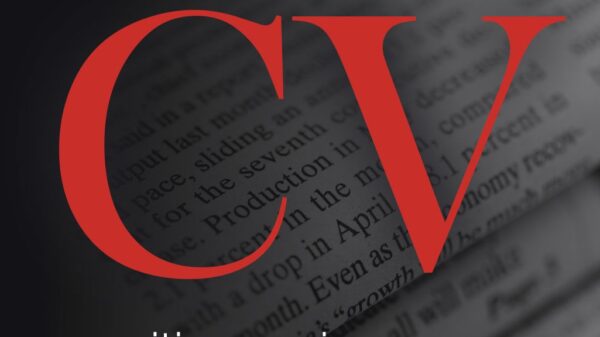URGENT UPDATE: The Trump administration has just announced the revocation of security clearances for 37 current and former national security officials, sparking immediate controversy. The memo, released by Tulsi Gabbard, the director of national intelligence, accuses these officials of politicizing intelligence and failing to protect classified information.
This development is significant as it reflects President Trump’s ongoing distrust of career intelligence personnel. Gabbard’s memo, posted on X earlier today, alleges that these individuals engaged in conduct detrimental to national security, though it provided no specific evidence to support these claims.
Among those affected is Sam Vinograd, a former assistant secretary for counterterrorism at the Department of Homeland Security and a current national security contributor for CBS News. Vinograd and many others on the list have not publicly responded to the revocation. This move comes as several of the targeted officials had previously challenged Trump’s narrative regarding Russian interference in the 2016 presidential election.
Gabbard stated, “Being entrusted with a security clearance is a privilege, not a right,” emphasizing that those who betray their oath have broken the trust placed in them. However, critics argue that this tactic could deter dissenting voices within the intelligence community, which thrives on diverse perspectives.
The revocation of clearances is not new for the Trump administration. Previous instances include high-profile figures such as former President Joe Biden and former Secretary of State Hillary Clinton. National security lawyer Mark Zaid, whose own clearance was revoked, condemned the latest actions as “unlawful and unconstitutional,” accusing the administration of hypocrisy.
This urgent action has raised concerns about the implications for national security and the professional futures of those affected, especially as many require clearances for private-sector roles involving sensitive information. Both current and former officials have expressed shock, with some only learning of their status through media reports.
As this story develops, observers are keenly watching for potential legal challenges from those impacted. The ramifications of this revocation could reverberate throughout the intelligence community and influence future engagements between government officials and the administration.
Stay tuned for more updates on this breaking story as it unfolds.






































































